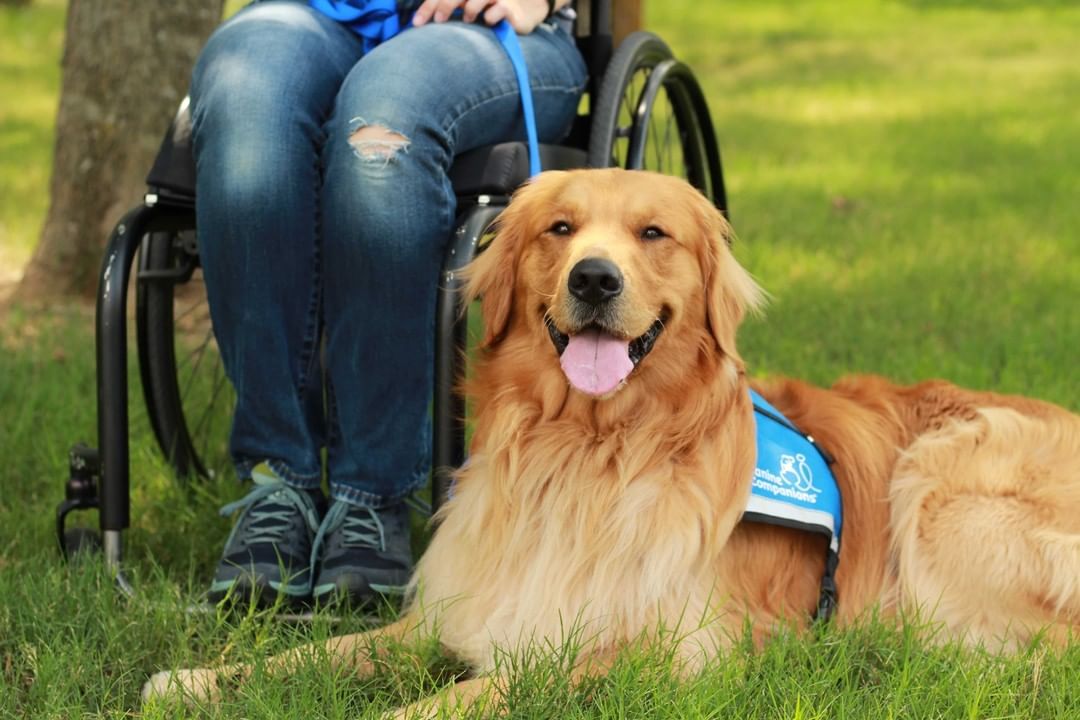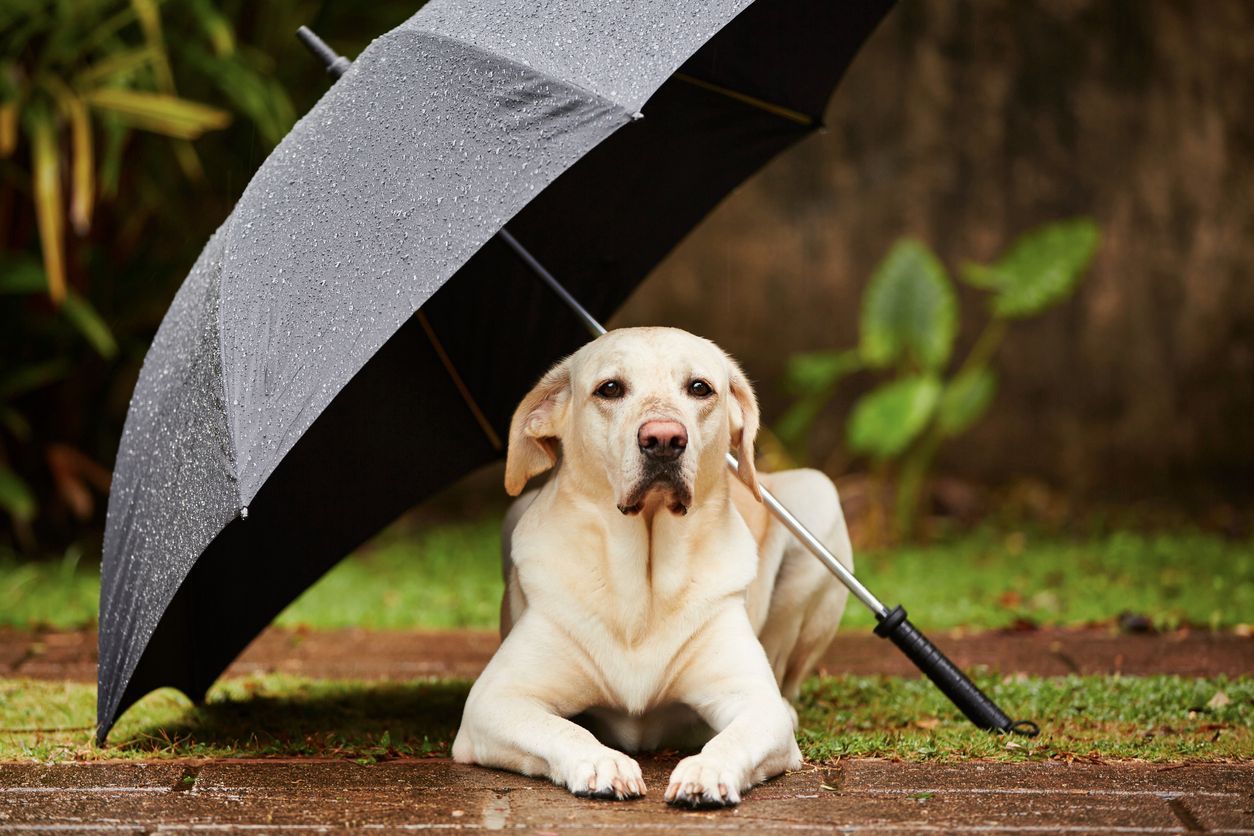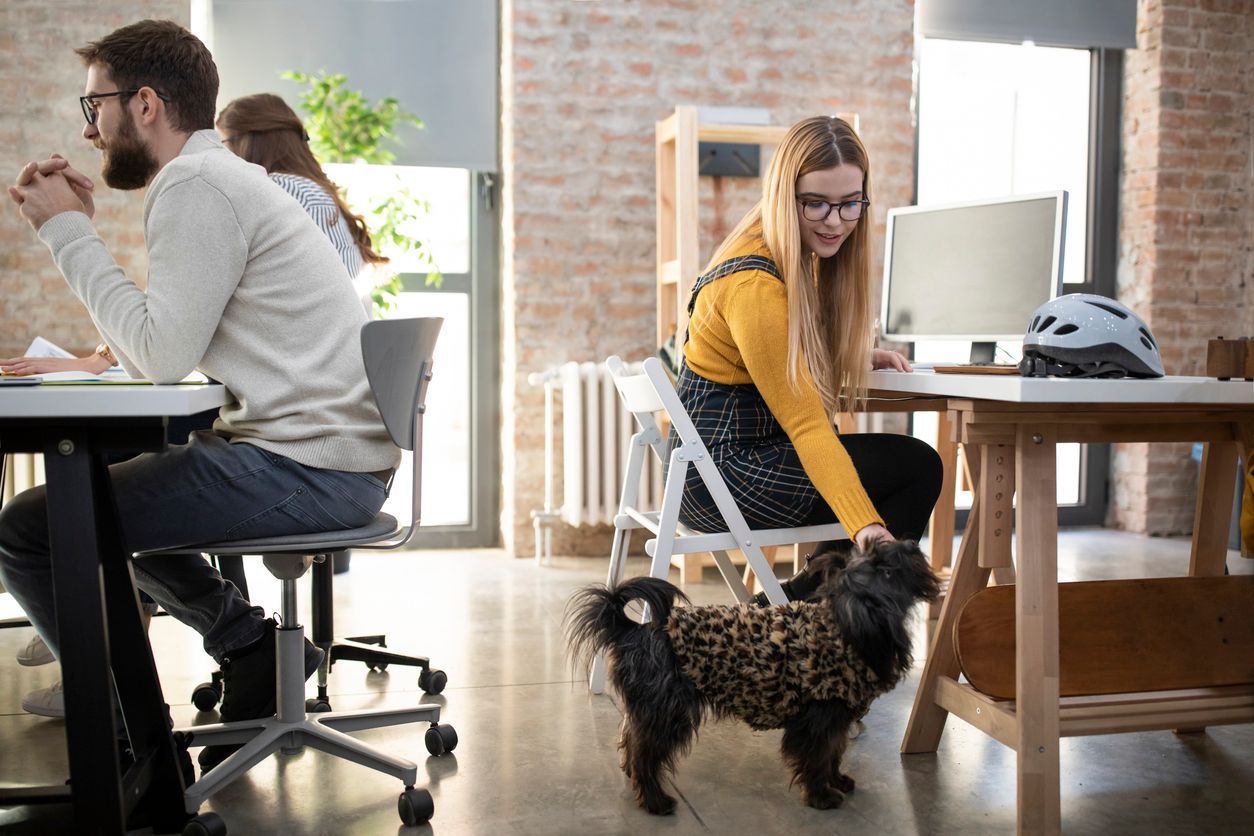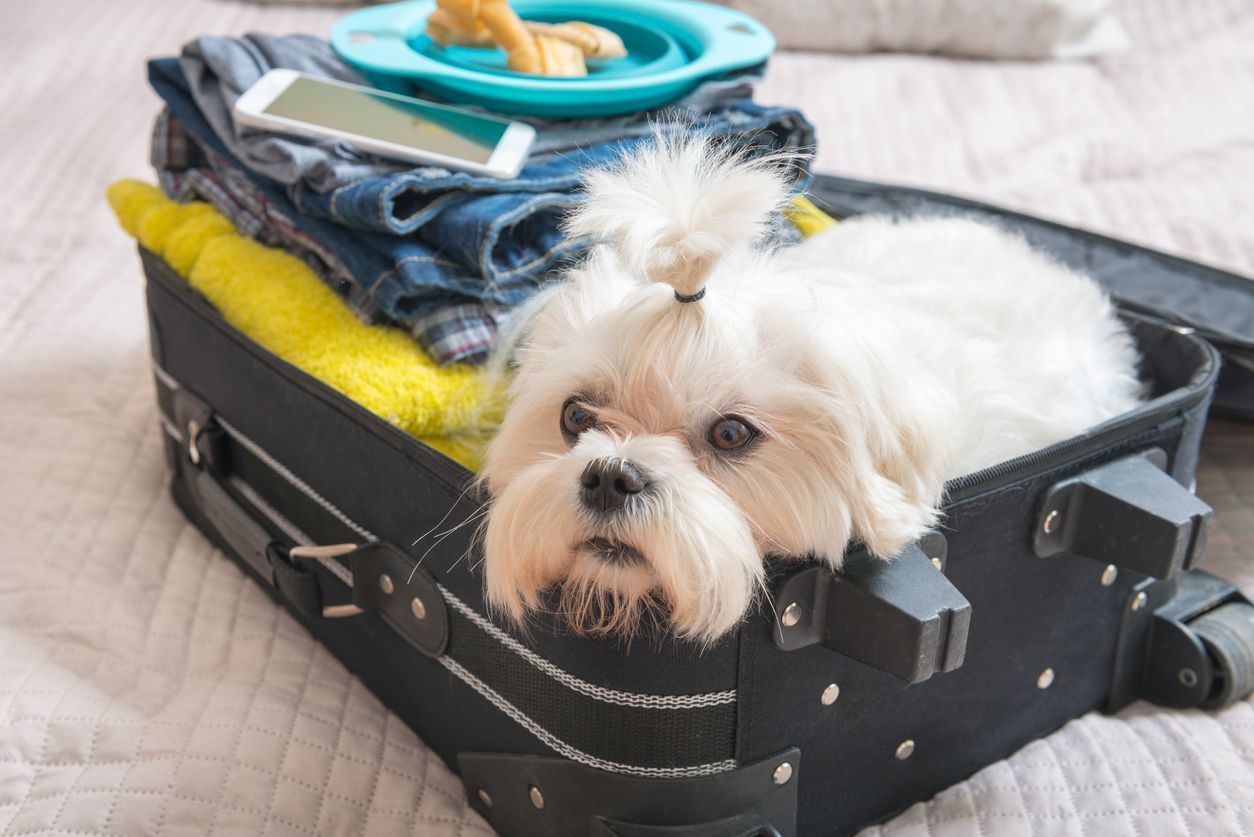
You may be familiar with at-home antigen COVID-19 tests. You may also have noticed their increasing false negatives. Well, apparently dogs can sniff out COVID-19 with 99% accuracy.
While we’re over here patting ourselves on the back for our opposable thumbs, dogs are having a laugh at our basic sense of smell. And they’re putting it to work. Dogs’ elevated sense of smell is just one trait that earns them many jobs in our society.
From therapy companions to emergency search and rescue, pups are so trainable that they even have a dedicated show called Dogs with Jobs. But dogs aren’t the only animals who have a 9 to 5. Here are some of the fascinating jobs where animals are the best candidates.
Monkey astronauts
That's one small step for man, one giant leap for pig-tailed macaques. Before humans sent ourselves to space, we sent apes and monkeys. Scientists wanted to understand the biological effects of spaceflight, so they sent primates like squirrel monkeys, pig-tailed macaques, and chimpanzees. Albert II headed to space on June 4, 1949, becoming the first primate to make it to space. A total of 32 apes or monkeys have been sent into the sky to pave the way for human space travel.
Service dogs
We can’t proceed without giving a shoutout to service dogs. Canines are pure gifts to humans. They’re our loyal buddies who are equally as adorable as they are brilliant. Service dogs literally come in many shapes and sizes and have an array of jobs. Some pups are guides for people with vision impairments, other doggos can sense seizures. Though all breeds of pups are special, some are more trainable than others. Some of the most popular service dog breeds include golden retrievers, labrador retrievers, and German shepherds. You can see the process of training service dogs in a Netflix special called Pick of the Litter.
Chief Mouser to the Cabinet Office
In 2011, Larry became the first cat to be officially dubbed Chief Mouser to the Cabinet Office. Though Larry was the first official Chief Mouser there is evidence that the English government has employed a cat since the 1500s. Larry and his predecessors’ job is to take care of unwanted rodent guests. They’re just a bit cuter than Queen’s Guards in their furry hats, and no less important.
Bomb bees
You may expect to see dogs on duty at airports, ready to sniff out contraband in luggage. But bees?! Scientists say they have trained bees to sniff out explosives. They said bees could help identify bombs during times of war. Scientists exposed the insects to the smells of explosives and then rewarded them with sugar water. The scientists said that bees can successfully recognize substances including dynamite and other types of explosives.
Wine sheep
Wineries are looking for more organic ways to tend to their crops, as many turn to biodynamic ways of farming. Some winemakers find creative ways to avoid pesticides and are using sheep to prune their vineyards. This is especially common (and cute!) in New Zealand and Canada. Lambs are also nice and light, so they don’t stomp the crop, and they come with the added bonus of nutrient-packed droppings.
Navy dolphins
Monkeys may head to space, but dolphins have the water covered. The U.S. Navy trained bottlenose dolphins to assist with underwater missions. The dolphins are able to execute many tasks including sensing underwater mines and potential enemy invaders. These dolphins are a part of the Navy Marine Mammal Program. The program has also trained sea lions to help with the important national security missions.
Therapy animals
Animals may be able to take on jobs that humans can’t because of their unique traits. But all of them have one thing in common: their ability to be something special to a person. Therapy animals have become a familiar sight over the past decade, as humans are turning to all sorts of species to help them through times of trouble and anxiety. In 2018, a comfort peacock tried to board a flight in the U.S. but was denied.
Non-human politicians
Did you know that humans aren’t the only species who can run for government office? Animals can legally make their way onto a political ballot, and do so often. Sometimes it’s a sign of protest or satirization. Or simply because it’s awesome. For example, in 1922 a billy goat named Ioiô was elected to city council in Fortaleza, Brasil, and a dog named Duke won the 2014 mayoral election for Cormorant, Minnesota. There are countless examples of animals on the ballot box. And we can’t help but wonder how they managed their campaigns!
We love animals of all skill levels. Some pets are trained to do some incredible tasks, but all pets have the innate ability to give us unconditional love. If you ever have any behavioral, medical, or general questions about your pet, Vetster is always there to address them. You can access veterinarians any time of the day virtually on Vetster.









